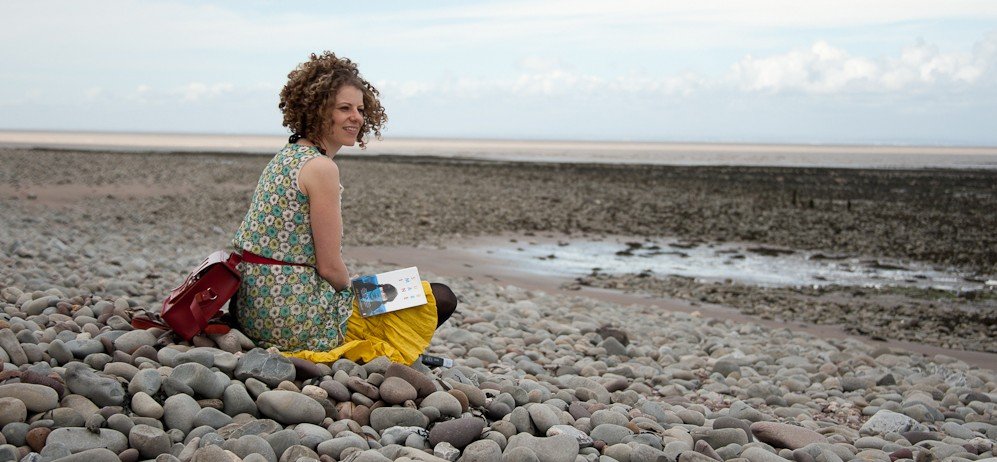Arctic Links
-
Centre for Environment, Fisheries and Aquaculture (Cefas)
The Centre for Environment, Fisheries and Aquaculture Science (Cefas) is a world leader in marine science and technology, providing innovative solutions for the aquatic environment, biodiversity and food security. They are the UK’s most diverse centre for applied marine and freshwater science and research, covering a broad range of specialist areas to provide a fully integrated, multi-disciplinary approach to all their customers’ needs. Many of the industries that Cefas works with mean they have a direct interest in the findings of the CAO Programme.
View Link: https://www.cefas.co.uk/
-
Circumpolar Biodiversity Monitoring Programme (CBMP)
The Circumpolar Biodiversity Monitoring Program (CBMP) is an international network of scientists, government agencies, Indigenous organizations and conservation groups working together to harmonize and integrate efforts to monitor the Arctic’s living resources.
International/regional organisations
View Link: https://www.caff.is/about-the-cbmp
-
Department for Business, Energy and Industrial Strategy (BEIS)
The Department for Business, Energy and Industrial Strategy (BEIS) brings together responsibilities for business, industrial strategy, science, innovation, energy, and climate change. BEIS have a responsibility for ensuring that the UK remains at the leading edge of science, research and innovation, and tackling climate change. Investigators in the CAO Programme will be interacting with members of the BEIS science team to promote the conversion of science into policy with which to underpin future evidence-based policy making.
View Link: https://www.gov.uk/government/organisations/department-for-business-energy-and-industrial-strategy
-
Department for Environment, Food and Rural Affairs (DEFRA)
DEFRA are the UK government department responsible for safeguarding the natural environment, supporting the UK’s food and farming industry, and supporting the rural economy. Amongst its responsibilities, DEFRA lead for Britain on fisheries policy in international negotiations. Many of the findings in the CAO Programme will be of interest to DEFRA, for example the consequences of change in the Arctic Ocean for fish stocks.
View Link: https://www.gov.uk/government/organisations/department-for-environment-food-rural-affairs
-
Department of Arctic and Marine Biology, University of Tromso, Norway
The research at Department of Arctic and Marine Biology spans from sea to sky, from individual to ecosystem and from microorganisms to whales and muskoxen. The common denominator is the search to understand connections within complex biological systems, so that society can prepare and adapt to challenges it may face in the future.
Research organisations and programmes
View Link: https://en.uit.no/om/enhet/forsiden?p_dimension_id=88165
-
Department of Fisheries and Oceans, Canada
Fisheries and Oceans Canada (DFO) has the lead federal role in managing Canada’s fisheries and safeguarding its waters. The Canadian Coast Guard (CCG), a Special Operating Agency within DFO, is responsible for services and programs that contribute to the safety, security, and accessibility of Canada’s waterways.
International/regional organisations
View Link: http://www.dfo-mpo.gc.ca/index-eng.htm
-
Discovering the Arctic
An excellent resource for schools is the website “Discovering the Arctic”. It was developed in partnership by the Royal Geographical Society, the Foreign and Commonwealth Office Polar Regions Department, the Scottish Association for Marine Science, and the British Antarctic Survey.
Email: education@rgs.org
View Link: http://www.discoveringthearctic.org.uk/
-
Dr Helen Scales
Helen Scales is an experienced science journalist. She is collaborating with the ChAOS investigators to produce a radio documentary for the BBC World Service “Discovery” programme. The documentary will focus on how the wider impacts of change in the Arctic are affecting the people and communities that live there.
View Link: http://helenscales.com/
-
Ecosystem survey of the Barents Sea (BESS)
The ecosystem survey monitors the state of the Barents Sea Ecosystem to support scientific research and management advice.
International/regional organisations
View Link: http://www.imr.no/tokt/okosystemtokt_i_barentshavet/en
-
EU Common Fisheries Policy (CFP)
The CFP is a set of rules for managing European fishing fleets and for conserving fish stocks. Designed to manage a common resource, it gives all European fishing fleets equal access to EU waters and fishing grounds and allows fishermen to compete fairly. The CFP was first introduced in the 1970s and went through successive updates, the most recent of which took effect on 1 January 2014. The CFP aims to ensure that fishing and aquaculture are environmentally, economically and socially sustainable and that they provide a source of healthy food for EU citizens. Its goal is to foster a dynamic fishing industry and ensure a fair standard of living for fishing communities
International/regional organisations
View Link: https://ec.europa.eu/fisheries/cfp_en










